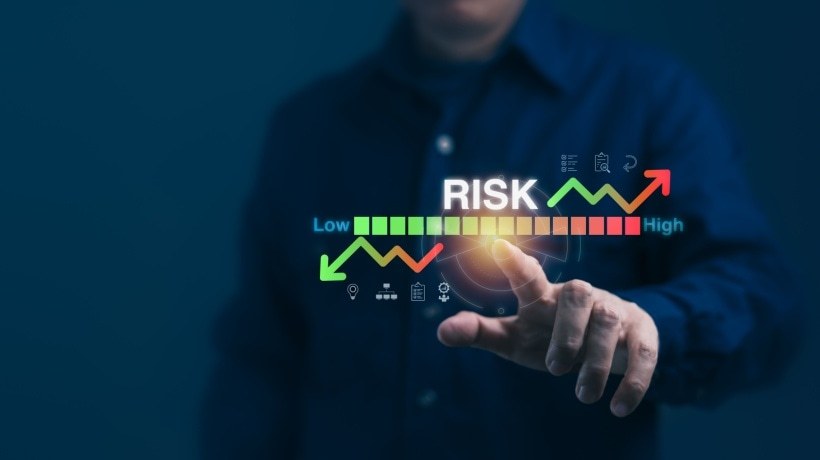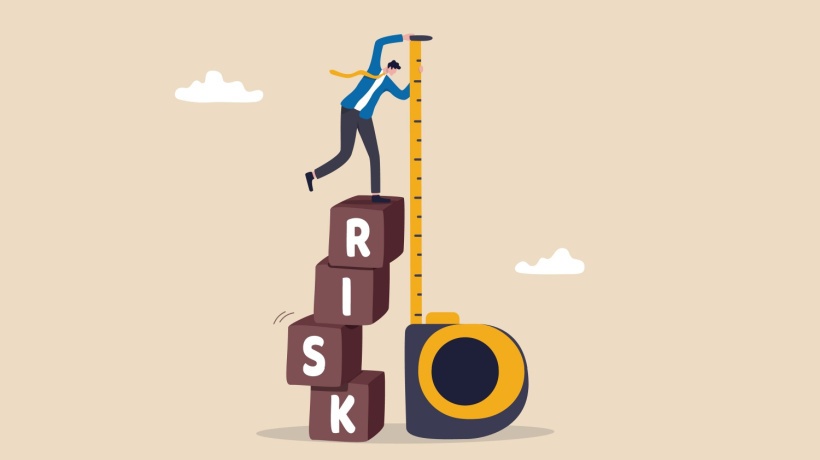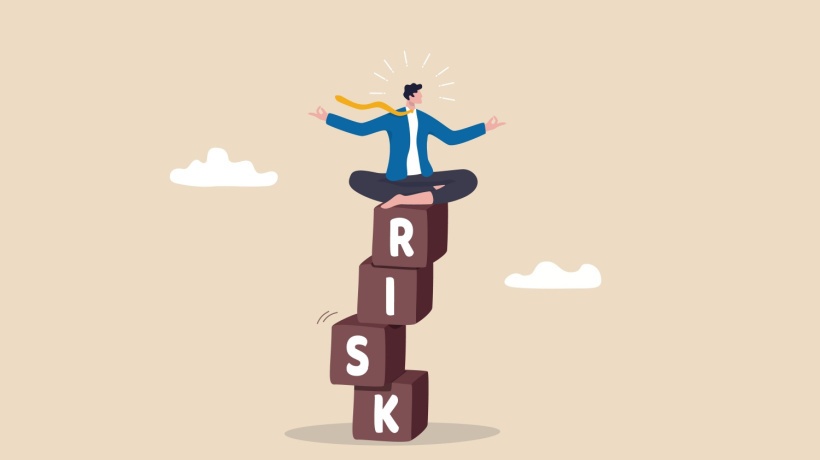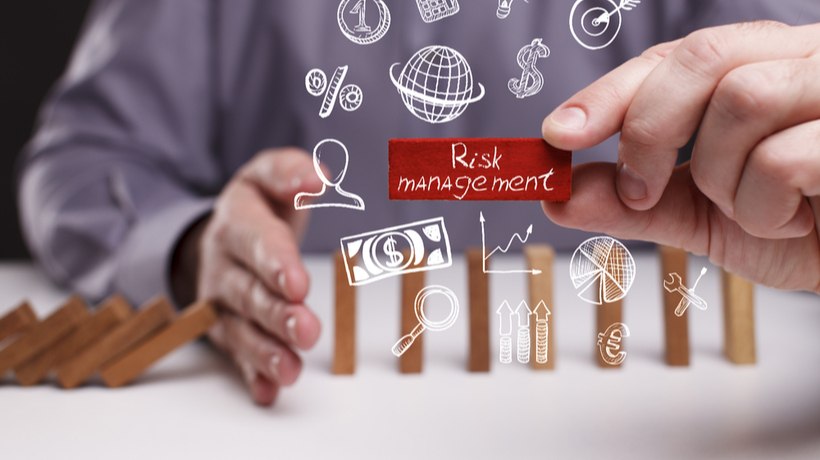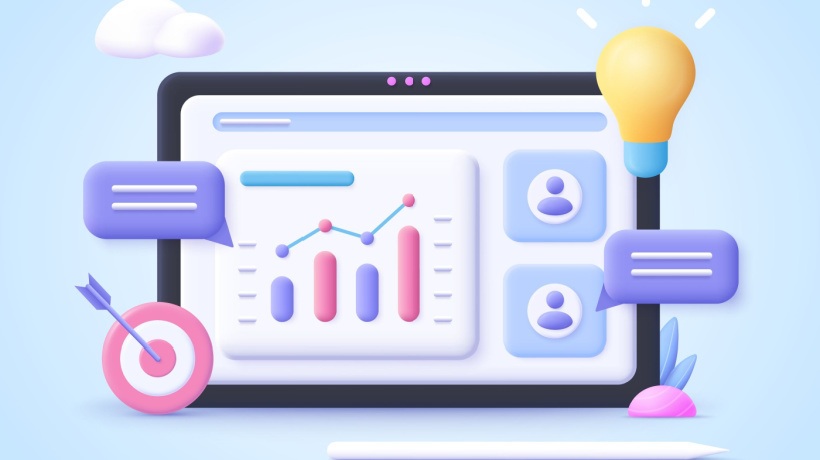Training Public Health Leaders In Risk Analysis With Online Education
Public health leaders need to be prepared for anything. Certainly, if COVID-19 taught us anything, it's that. But what does that mean from an educational standpoint? How can we, as a society, guide tomorrow's public health leaders toward the best possible course of instruction? Risk analysis through online education may offer a strong answer.
By emphasizing which areas of concern are most likely to impact widespread health outcomes, modern medical leaders can be better prepared to meet the needs of their communities. Sounds simple, right? Maybe not. There's no such thing as true simplicity in the healthcare context—but there are sensible and effective approaches. In this article, we take a look at what you can do with a health education degree, and how you can use it to assess risk and make a meaningful impact in your community.
Risk Analysis Overview
Risk analysis, naturally enough, takes on different meanings depending on the context. At the individual level, it involves assessing the needs of a specific patient and advising them in a way that aligns with their best interests. For example, there may be multiple treatment paths for a patient to consider. The most effective one might also carry the highest risk. A sound risk analysis strategy involves weighing the concerns against the potential benefits—and, importantly, communicating that information clearly to the patient so they can make an informed decision.
Risk analysis also happens at the community level. During COVID-19, for instance, the risk wasn't just the virus itself—it was also the effects of isolation. At the individual level, that meant loneliness, depression, and declining mental health. At the societal level, it meant economic hardship: people couldn't work, businesses couldn't generate money.
The success of the COVID-19-era risk analysis is still debated, but one thing is clear—healthcare leaders faced intense pressure. While they weren't the ones making the rules, their recommendations shaped the public response. That was an extreme example, but the role and responsibility of healthcare leaders don't disappear in "ordinary" times. The need for thoughtful, balanced risk assessment is constant—whether the issue is a global pandemic or a localized community health concern.
Why Online Learning Is An Important Resource
Online learning isn't the only option for people looking to make a difference in public health, nor should it be. Traditional brick-and-mortar schools will always have a place in shaping the next generation of healthcare professionals. That said, online education is an essential tool—particularly for those already working in the field.
Take nurses, for example. Many work 12-hour shifts, often overnight. If they want to move into leadership or public health roles, that typically means earning a graduate degree or specialized certification. Without online learning, doing so might require putting their careers on hold or stretching their education out over an impractically long timeline. Online programs provide the flexibility they need to keep working while advancing their education—a combination that makes career growth far more accessible.
Are There Challenges With Remote Learning?
Of course there are. One of the biggest barriers to remote learning is simply that this isn't the format many working healthcare professionals are comfortable with. You can be a very good student and still not thrive in an online environment. It requires a specific kind of focus. You need to be self-motivated and capable of maintaining concentration in your home setting. There's nothing wrong with someone who struggles to learn while the kitchen sink one room over is full of dishes, the kids are asking for help with homework, and their spouse is watching a sports game loudly on TV.
If you're a healthcare professional who wants to be more involved in community-level risk assessment but doesn't succeed with online learning, that's okay. You can still find brick-and-mortar programs—likely within driving distance. Some even take steps to mimic the flexibility of online formats.
Many colleges understand that advanced healthcare courses appeal mostly to people who are already working, and they design their course schedules with that in mind. Still, if you can learn well online, it's a flexible format that meets the needs of many students.
Find The Format That Works For You
Depending on your learning preferences, there are many different ways to pursue an online education in community health risk management. Some programs replicate the structure of traditional, in-person learning. You might be working from your dining room table, but you'll still log in at scheduled times, attend live lectures, and participate in group projects and class-wide discussions.
In this format, you get much of the same structure as a brick-and-mortar program—without the commute. You'll also broaden your pool of potential schools to include universities outside your geographic area. That alone can be a major benefit for people who live in remote or underserved regions.
Other online programs are more flexible. These might feature prerecorded lectures, asynchronous discussion boards, and wide-open due dates that allow you to work at your own pace. That approach works well for busy, organized, and self-motivated learners—but it might not be ideal for people who tend to procrastinate.
Finding the right format for you is mostly a matter of research and honest self-assessment. How have you learned best in the past? Chances are, there's a program out there that fits your learning style.
Conclusion
There are so many health education career paths and other leadership positions that can allow you to have a big impact on your community. Online learning options with an emphasis on risk management will help you prepare for the future. What kind of health professional do you want to be? In a world of great societal need, the sky is the limit. Find the path that makes the most sense for you.
